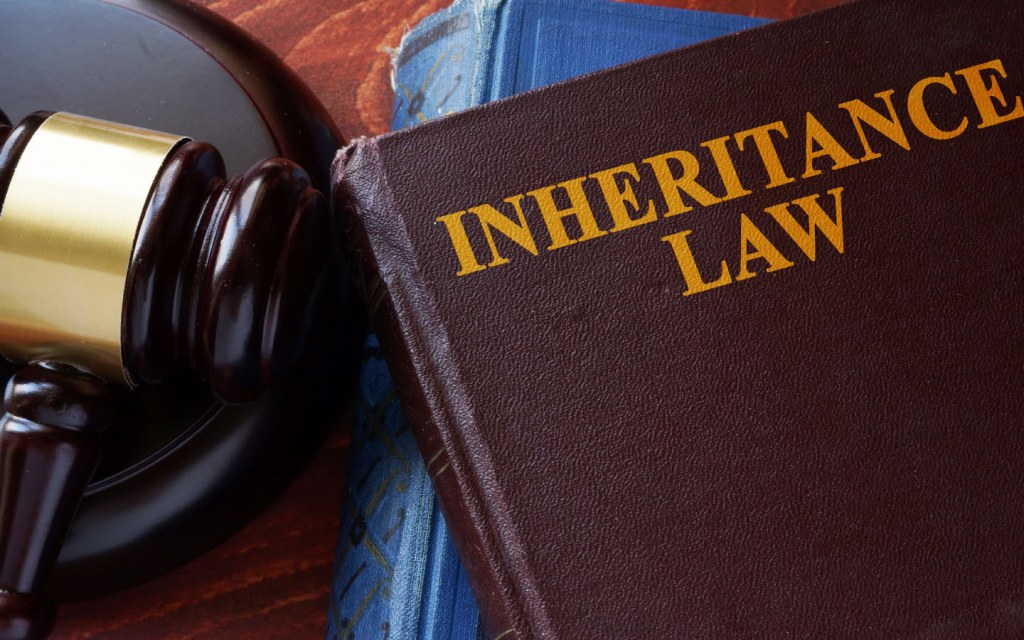Home » Laws & Taxes » What Are The Property Inheritance Laws In Pakistan?
When it comes to property inheritance laws in Pakistan, the provisions vary with religious affinities. However, there has always been a certain amount of confusion regarding this issue. According to the Pakistan inheritance laws, all individuals of sound mind are entitled to inherit property, both movable and immovable.
Muslim inheritance law in Pakistan defines legal heirs as blood relatives who are eligible to receive a share in a property after the owner’s death. The value of these shares differs with each sect and sub-sects.
Laws Protecting Inheritance Rights in Pakistan

Pakistan follows the Sharia rule for the division of property. There are two main laws that protect the rights of inheritance in the country:
- Muslim Family Law Ordinance, 1961
- The West Pakistan Muslim Personal Law, 1962
Domicile of the Deceased
The domicile of the deceased plays an important part in the division of inherited property. The property inheritance laws in Pakistan dictate that the judiciary handling inheritance issues must depend on the last domicile of the deceased.
In case the heirs contest the domicile or if it’s not available, the judiciary depends on the location of the property. Civil District Court or High Court generally handles such succession issues if the assets are in Pakistan.
It is also important to mention that regardless of their domicile or nationality, Muslims domiciled in or outside the country are obliged to follow Muslim inheritance laws when it comes to property distribution in Pakistan. That means while respective national laws may apply to the estate of non-Muslims domiciled outside of Pakistan, Islamic property inheritance laws will be applied to the estate of Muslims citizens even if they were domiciled in a foreign country.
Types of Property
There are two types of properties or assets legal heirs may inherit. Movable assets include cash, gold, vehicles and stock among other items. Meanwhile, immovable assets mainly include real estate.
Required Documents

To receive their share in a property following a person’s death, the legal heirs need an inheritance certificate to complete the transfer of property ownership. This document, which is issued by a court, is locally known as wirasatnama.
Here are the documents required to obtain inheritance certificate in Pakistan.
- National identity card of the deceased
- National identity cards of the heirs
- Statement of heirs
- Death certificate issued by the municipality
- Receipt issued by the local graveyard
- An independent witness
- Public advertisement and issued legal notices
- Mutation or registry of immovable property
For more information on how to acquire the certificate, you can read our detailed guide on property transfer laws in Pakistan.
Inheritance Tax in Pakistan
There is no inheritance tax in Pakistan.
What You Need to Know about Property Inheritance Laws in Pakistan

Here are some important pointers one should know about the law of inheritance in Pakistan:
- Legal heirs can only distribute the assets once the loans, mortgages and other balances of the deceased have been properly settled.
- In most cases, sons receive twice the share received by daughters. However, this formula is not constant as the distribution of wealth depends on religious affinities and other conditions. These include the total number of children the deceased had along with their genders as well as the number of brothers, sisters, mother, father and other blood relatives.
- There is no concept of last will in succession laws in Pakistan and any will exceeding 1/3rd of the total property can be challenged in court if it was executed without the consent of all legal heirs.
- A person can gift their personal property to anyone during their lifetime and no one can challenge this following the donor’s death.
- As per the property inheritance laws, if an heir was alive at the property owner’s death but passes away before the distribution, their share in the inheritance will be passed on to their heirs.
For more complicated cases, it is advised to contact a lawyer to resolve the succession issue in a timely manner. After all, how many times have you heard of siblings or family members ending up in court over an issue related to inheritance?
Unfortunately, most women in Pakistan end up giving away their fair share of their deceased father or husband’s property to other male relatives. This is a common occurrence in rural areas owing to a lack of information about the legal property rights of women in Pakistan.
According to Section 498A of the Pakistan Penal Code, anyone who forces a woman to surrender her rightful share at the time of succession ‘shall be punished with imprisonment for either description for a term which may extend to ten years but not be less than five years or with a fine of one million rupees or both.’
Stay connected to Zameen Blog, the leading lifestyle and real estate blog in Pakistan, for more information about the virasat law in Pakistan. Moreover, if you have any questions regarding the topic, send us an email at blog@zameen.com.



